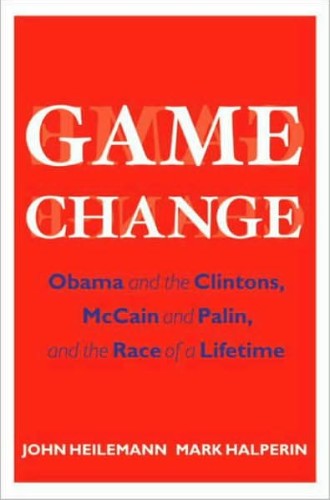Campaign couples
John Heilemann and Mark Halperin's book about the 2008 presidential campaign has people talking about the private lives of the politicians and all the scenes we didn't see during the campaign. These two respected reporters had remarkable access to campaign staff, and they pull away the curtain to show us the human beings behind the political ads and debates.
The book reads like a soap opera script. Hillary Clinton shuts her husband out of her campaign but defends him when he all but destroys it. John McCain is so sentimental and superstitious about New Hampshire that he campaigns there even when it serves no purpose. Sarah Palin gets exposed to world history (which she declares "awesome") by flipping through handwritten index cards while having her hair done. Barack Obama smokes and uses the "f" word. John Edwards stays on the road to avoid his unpleasant marriage, feed his rock star ego and flirt with a New Age sycophant.
When I described this book to a friend, she asked if we might change the subject. "I've decided to give up backstabbing and gossipy conversation."





